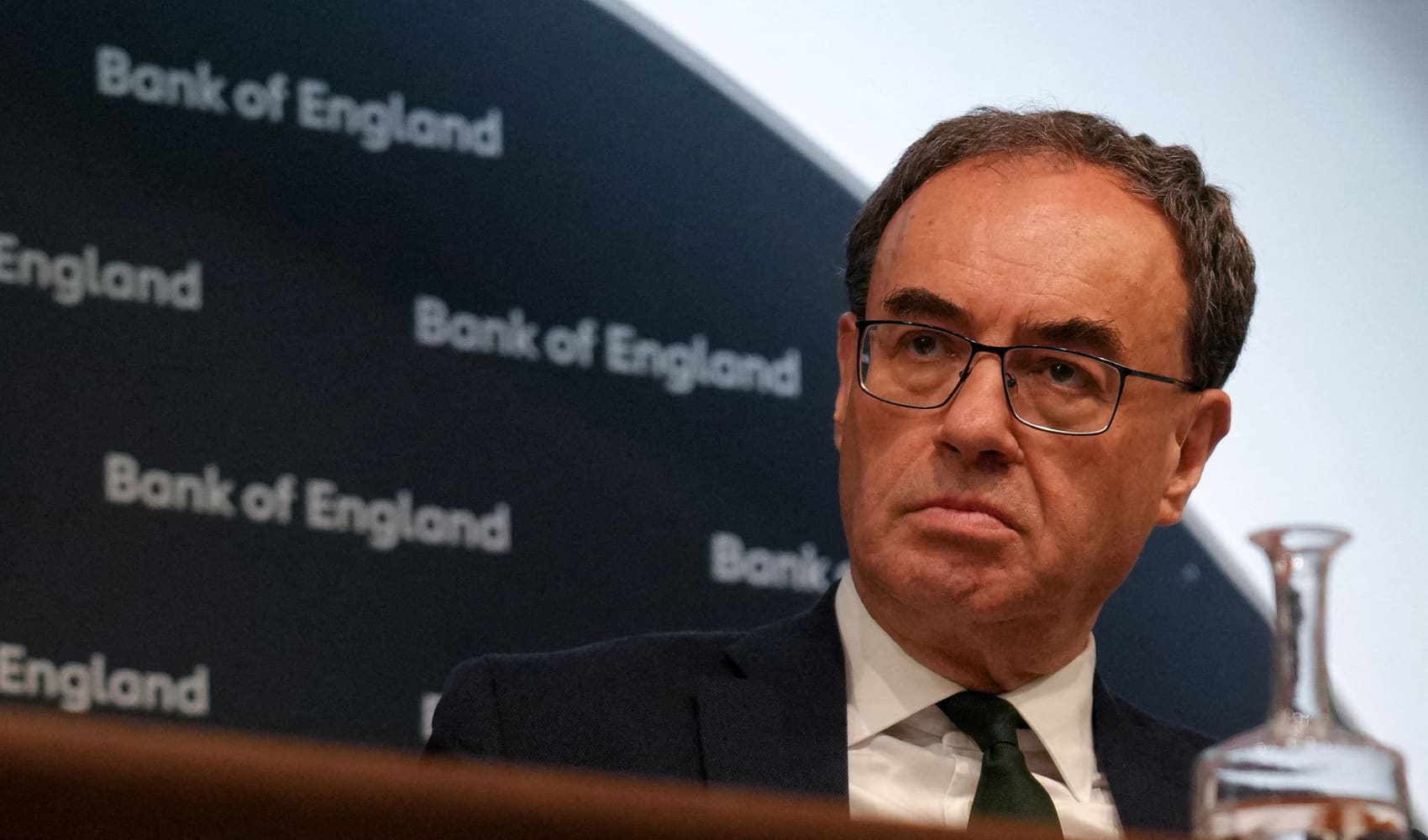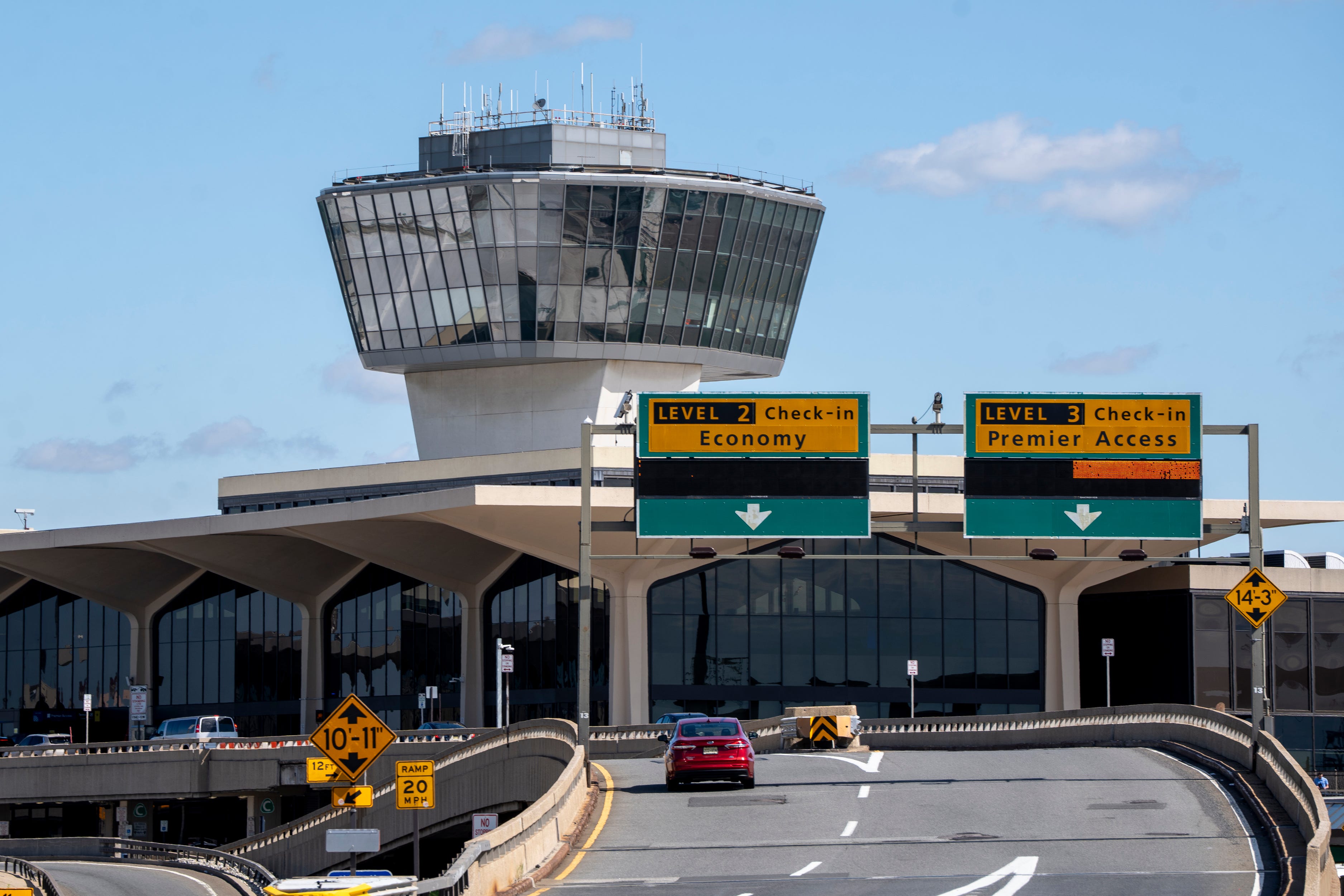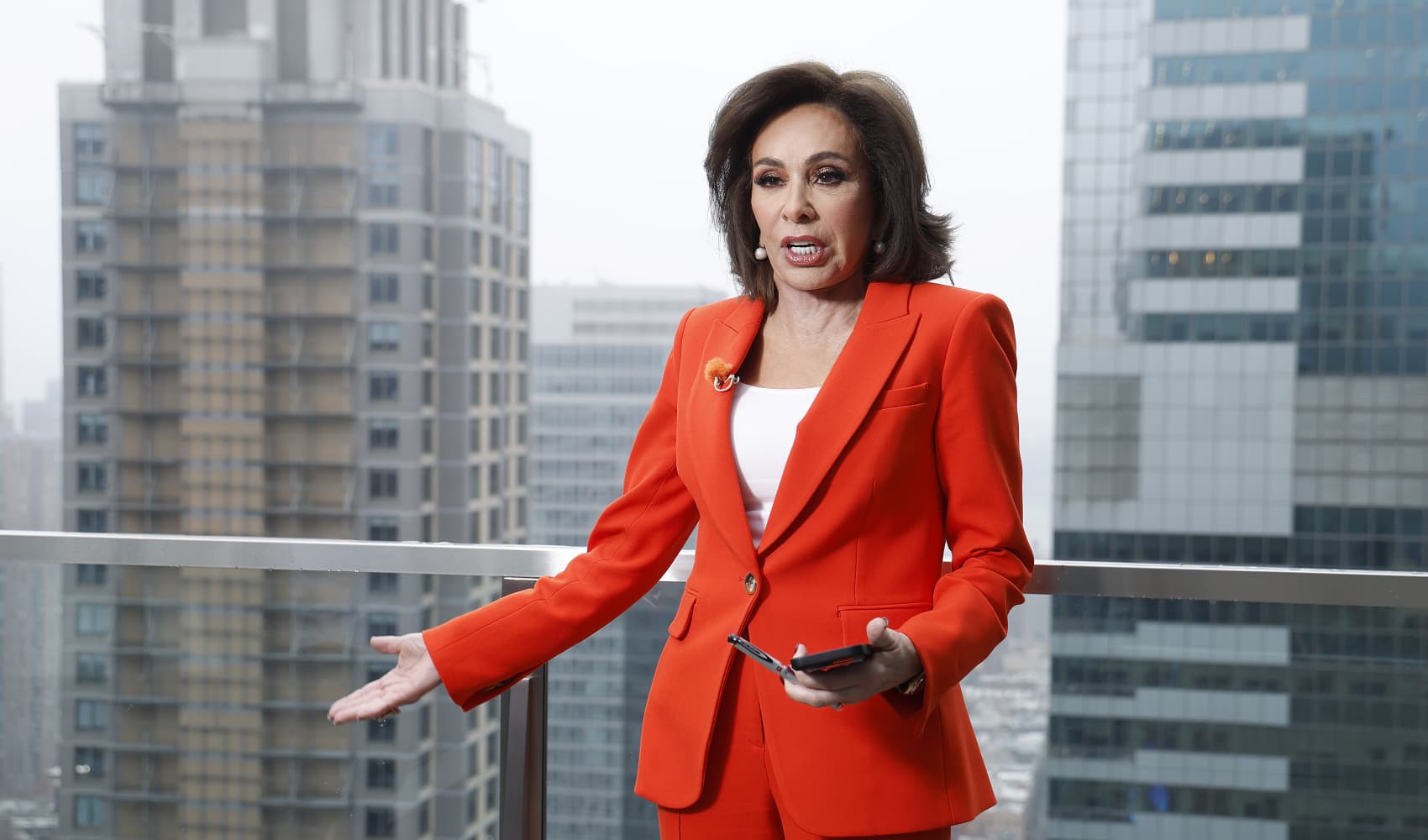UK Economy: Why Uncertainty Persists Despite Trade Deals
Navigating the Storm: Why Uncertainty Still Clouds the UK Economy
Introduction: A Trade Deal Doesn't Guarantee Smooth Sailing
So, the UK's inked a trade deal, a cause for celebration, right? Well, hold your horses. Bank of England Governor Andrew Bailey isn't popping the champagne just yet. In fact, he's waving a flag of caution, warning that more economic uncertainty lies ahead, even with a shiny new trade agreement in the bag. But why? What's got him so worried? Let's dive into the details and unpack Bailey's concerns.
The Bailey Perspective: Open Economies and Global Winds
According to Bailey, while a UK-US trade agreement is undoubtedly "very welcome," it's not a silver bullet. "A U.K.-U.S. trade agreement is very welcome... But the U.K. is a very open economy," he stated. What does that mean? It implies that the UK, being deeply integrated into the global marketplace, remains vulnerable to a multitude of external factors beyond just one trade deal. Think of it like this: a new umbrella is great for a light drizzle, but it won't shield you from a hurricane.
Narrow Rate Vote: A Divided House on Monetary Policy
The recent Bank of England vote on cutting interest rates was surprisingly close, and Bailey wasn't surprised. This narrow margin, he explained, reflects the inherent "risks on both sides of the outlook." It's a tug-of-war between stimulating economic growth and managing potential inflationary pressures. It means the future direction of interest rates is anything but certain.
Trump's Tariffs: Injecting Uncertainty into the Equation
Let's not forget the context. The UK’s trade agreement with the US was struck under President Donald Trump's controversial tariff regime. "The tariff and trade situation has injected more uncertainty..." as Bailey implied. These tariffs, even if partially addressed by the deal, represent a broader trend of protectionism that can disrupt global trade flows and create volatility.
Brexit Fallout: The Unseen Ripples
Beyond the Headlines: A Deeper Dive
While the immediate shockwaves of Brexit might seem to have subsided, the long-term consequences are still unfolding. New customs procedures, regulatory divergence, and shifting supply chains all contribute to ongoing uncertainty. It's like navigating a ship through uncharted waters after a storm; the immediate damage might be repaired, but hidden dangers still lurk beneath the surface.
Supply Chain Disruptions: A Global Challenge
Brexit amplified pre-existing global supply chain challenges. Border delays, increased paperwork, and higher costs are impacting businesses. This uncertainty can deter investment and hinder economic growth. Businesses need stability to plan for the future, and persistent disruptions make that difficult.
Global Economic Slowdown: A Looming Threat
Recession Fears: A Cause for Concern
The global economy is facing a number of headwinds, including rising interest rates, high inflation, and geopolitical tensions. Fears of a recession are widespread, and a global economic downturn would inevitably impact the UK, regardless of its trade deals. It's like being in a small boat in a rough sea; even if your own vessel is seaworthy, you're still vulnerable to the surrounding conditions.
Inflationary Pressures: A Balancing Act
High inflation remains a persistent challenge for central banks worldwide. The Bank of England is tasked with managing inflation without stifling economic growth. This is a delicate balancing act, and any misstep could have significant consequences.
Geopolitical Risks: A Constant Shadow
International Conflicts: A Source of Instability
Geopolitical risks, such as the war in Ukraine, are adding to global uncertainty. These conflicts disrupt trade, increase energy prices, and create humanitarian crises. The ripple effects of these events are felt far beyond the immediate conflict zones.
Energy Crisis: A Vulnerable Point
The UK, like many other countries, is grappling with an energy crisis. Rising energy prices are squeezing household budgets and impacting businesses. This vulnerability highlights the importance of diversifying energy sources and investing in renewable energy.
Technological Disruption: A Double-Edged Sword
Automation and AI: Reshaping the Workforce
The rapid pace of technological change, particularly automation and artificial intelligence, is disrupting industries and reshaping the workforce. While these technologies offer significant potential for productivity gains, they also create uncertainty about future employment opportunities. We have to navigate this new territory with caution.
Cybersecurity Threats: A Growing Concern
The increasing reliance on technology also brings new risks, such as cybersecurity threats. Cyberattacks can disrupt businesses, steal sensitive data, and damage critical infrastructure. Investing in cybersecurity is essential to protect the economy from these threats.
Financial Market Volatility: A Rollercoaster Ride
Financial markets are inherently volatile, but recent events have amplified these fluctuations. Rising interest rates, inflation fears, and geopolitical risks are all contributing to market uncertainty. This volatility can make it difficult for businesses to raise capital and invest in growth.
Consumer Confidence: The Key to Spending
Cost of Living Crisis: A Drag on Demand
Consumer confidence is a key driver of economic growth. However, the cost of living crisis, with soaring energy prices and rising inflation, is eroding consumer confidence and reducing spending. If people are worried about paying their bills, they are less likely to spend money on discretionary items.
Housing Market Slowdown: A Dampening Effect
The housing market is also showing signs of slowing down, as rising interest rates make mortgages more expensive. A slowdown in the housing market can have a dampening effect on the overall economy, as it reduces construction activity and consumer spending on related goods and services.
The Bank of England's Response: Navigating a Complex Landscape
The Bank of England faces a daunting task in navigating this complex economic landscape. It must balance the need to control inflation with the desire to support economic growth. This requires careful judgment and a willingness to adapt to changing circumstances.
Conclusion: Embracing Uncertainty, Preparing for the Future
So, why does the Bank of England governor think uncertainty is here to stay despite a trade deal? Because the UK economy, like a ship in a global ocean, is subject to many forces beyond its immediate control. Brexit, global economic slowdown, geopolitical risks, technological disruption, and financial market volatility all contribute to this uncertainty. While a trade deal is certainly welcome, it's not a guarantee of smooth sailing. The key for businesses and policymakers is to embrace this uncertainty, adapt to changing circumstances, and prepare for the future.
Frequently Asked Questions
- Why is the Bank of England so concerned about uncertainty?
Uncertainty makes it difficult for businesses to plan and invest, which can slow economic growth. It also affects consumer spending habits as people tend to save more when they are unsure about the future.
- Does the UK-US trade deal actually help the economy?
Yes, it does help by opening up new markets and potentially lowering trade barriers. However, its impact is limited by other global economic factors and the UK's open economy.
- What can businesses do to navigate this period of uncertainty?
Businesses should focus on strengthening their supply chains, diversifying their markets, and investing in innovation and technology to improve efficiency and resilience.
- How does inflation contribute to economic uncertainty?
High inflation erodes purchasing power, reduces consumer confidence, and forces central banks to raise interest rates, which can slow economic growth and create financial instability.
- What role does the Bank of England play in managing uncertainty?
The Bank of England uses monetary policy tools, such as interest rate adjustments, to try to stabilize the economy, control inflation, and provide guidance to businesses and consumers.








